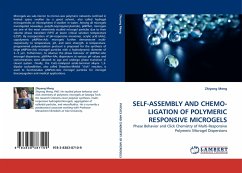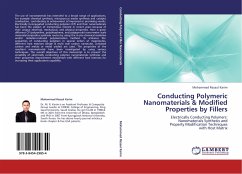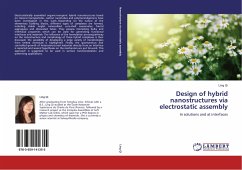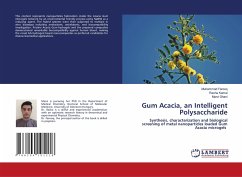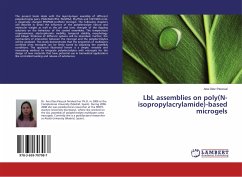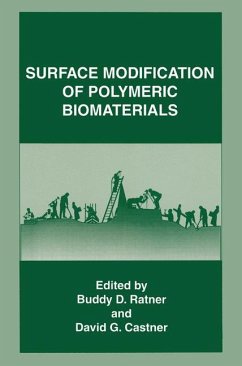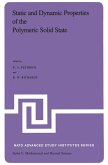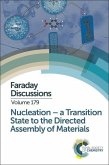Microgels are sub-micron to micron-size polymeric networks confined in limited space swollen by a good solvent, also called hydrogel microparticles or microspheres if swollen in water. Among all microgels investigated nowadays, poly(N-isopropylacrylamide), pNIPAm, microgels are one of the most extensively studied microgel particles due to their volume phase transition (VPT) at lower critical solution temperature (LCST). By incorporation of pH-responsive monomer, acrylic acid (AAc), copolymeric pNIPAm-AAc microgels further demonstrate multi-responsivity to temperature, pH, and ionic strength. A temperature-programmed polymerization protocol is proposed for the synthesis of large pNIPAm-AAc microgel particles with a hydrodynamic diameter of 2~5 m. Futhermore, to observe the phase behavior of pNIPAm-AAc microgel dispersions, pNIPAm-AAc dispersions at various pH values and concentrations were allowed to age and undergo phase transition in closed system. Finally, the Cu(I)-catalyzed azide-terminal alkyne 1,3-dipolar cycloaddition, also called Sharpless-Meldal click reaction, is used to functionalize pNIPAm-AAc microgel particles for microgel bioconjugation and medical applications.
Bitte wählen Sie Ihr Anliegen aus.
Rechnungen
Retourenschein anfordern
Bestellstatus
Storno

